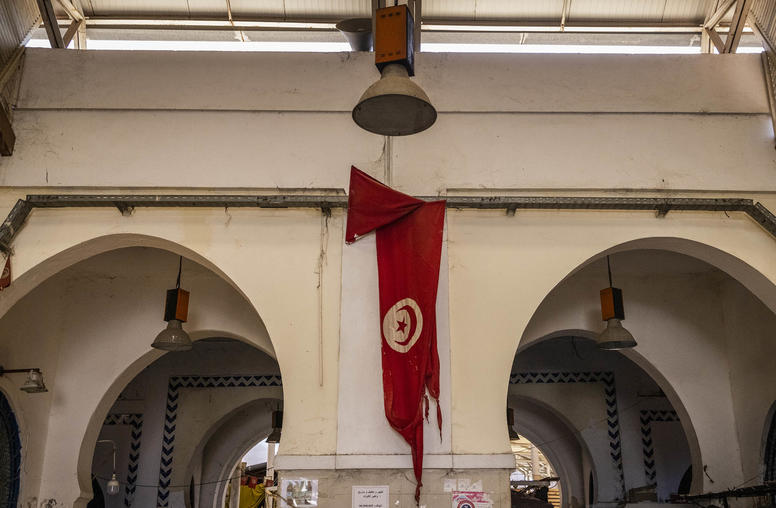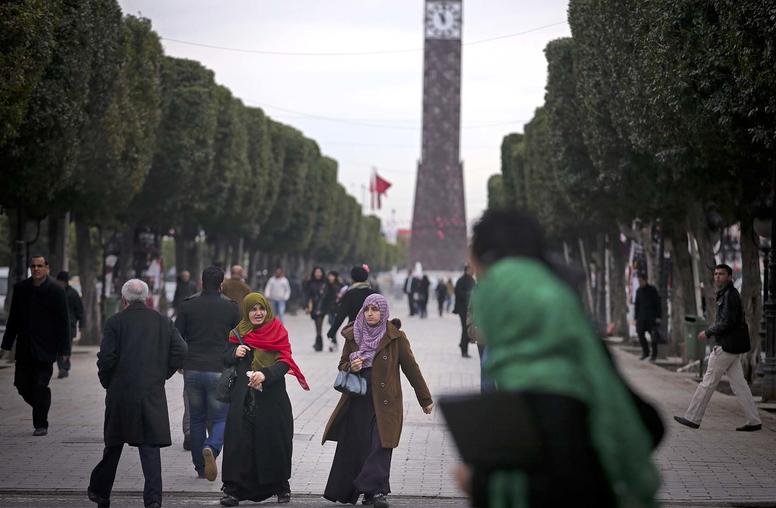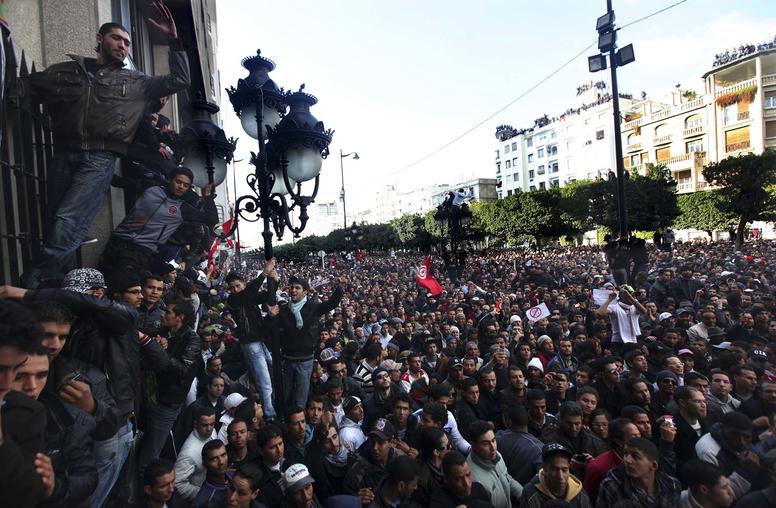Leo Siebert
Contact
Please submit all media inquiries to interviews@usip.org or call 202.429.3869.
For all other inquiries, please call 202.457.1700
Leo Siebert is USIP’s Tunisia country director. In this role he oversees design, implementation, and evaluation of USIP’s programs in Tunisia which include community policing and security sector reform, preventing violent extremism, inclusive governance, decentralization support, and synergizing nonviolent action and peacebuilding approaches.
Prior to USIP, Siebert worked with the International Republican Institute (IRI) as the Washington-based Tunisia program manager and then as resident program officer in Tunisia. In these roles, he worked closely with political parties, civic organizations, and government to implement programs that strengthened democratic governance, civic education, election observation, and public opinion survey research. Siebert has also worked on post-conflict governance programs in Nigeria, Mali, Cote d’Ivoire, and Zimbabwe.
Before joining USIP, Siebert was a Tunisia-based consultant working with numerous international organizations on security sector reform, human rights, civic education, elections, monitoring and evaluation, and governance.
Siebert holds a bachelor’s degree from George Mason University in government and international relations with a concentration in comparative politics.




